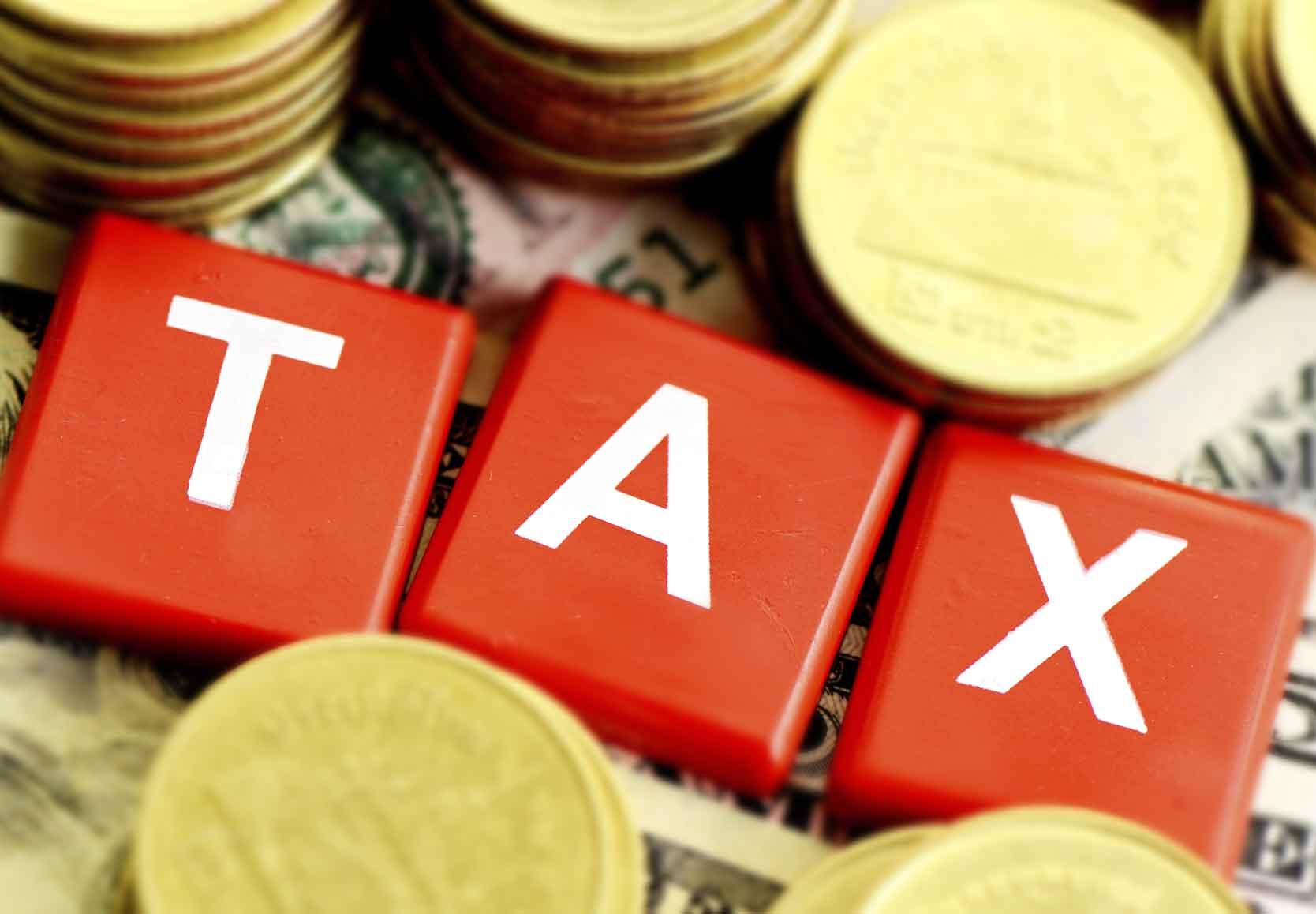

Muscat: His Majesty Sultan Qaboos on Wednesday issued a Royal decree 23/2019 promulgating the Selective Tax Law.
As per the law, the Selective Tax will be levied on goods Tobacco and its derivatives (100 per cent), energy drinks (100 per cent); alcoholic beverages (100 per cent), Pork (100 per cent) and soft drinks (50 per cent).
Energy drinks has been labeled as any beverages marketed or sold as energy drinks, which may contain stimulants or give mental or physical stimulus.
Soft drinks do not include non-carbonated drinks.
The Budget 2019 had indicated towards introducing the selective tax on certain commodities to revitalise non-oil revenues.
The statement said an increase in the prices of goods that come under the selective tax before its date of implementation will be considered as an offence.
Any case of increase in the prices of these products before the law comes into force can be reported at the Public Authority for Consumer Protection (PACP) via Hotline (80079009 or 80077997).
The Selective Commodity Tax Law comes as a result of the GCC Standard Agreement on Selective Tax, issued in 2016 by Saudi Arabia, United Arab Emirates, Bahrain and Qatar.
This tax shall be levied on goods that pose risks to public health or the environment in varying proportions.
Why selective tax?
Selective taxation seeks to achieve a set of objectives, the most important of which is to encourage a healthy lifestyle and curb negative practices through changes in the consumption pattern of individuals.
It is also aimed at raising additional resource for public finances, which can be used to promote health and social services.
The National Health Survey (NHS), conducted by the Ministry of Health and covered more than 9,000 people, revealed a number of risk factors affecting human health and society.
There has been an increase in the proportion of people with diabetes during the last ten years (the period from 2008 to 2018) to more than three per cent, and the survey points to the addition of more than 7,500 diabetes patients in the Sultanate annually.
The survey also revealed that 8.5 per cent of adults aged 18 years or over are currently using or smoking tobacco. Omani males are up 14 per cent and 38.6 per cent are exposed to secondhand smoke at home or at work.
On May 31, 2018, the Council of Ministers referred the draft law to the Council of Oman. The State Council and Majlis A Shura approved the draft law and submitted it to the Supreme Court in July 2018.
The draft law was returned to the Council of Oman for a joint session to discuss and approve the articles in dispute. The two councils held a joint session to discuss and approve the articles of disagreement in November 2.
Muscat
Oman Observer is now on the WhatsApp channel. Click here



